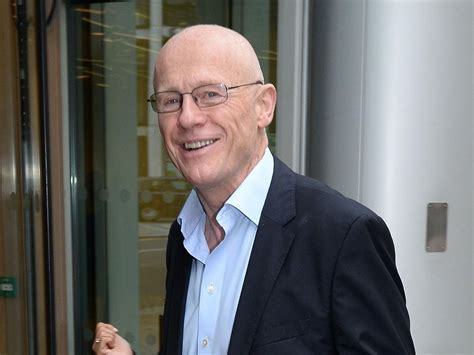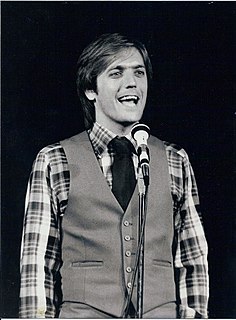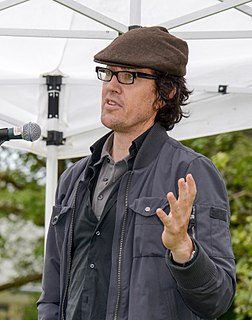A Quote by John Caudwell
Knowing that my ancestry had all been quite wealthy and owned their own businesses probably left me with the ambition to replicate what they'd done.
Related Quotes
Worker-owned co-ops, on their own, floating in the market, tend to replicate the behavior of worker-owned capitalists in some circumstances. They sometimes develop positive participatory schemes, sometimes not. We know from the studies of worker-owned plywood companies in the US, they can tend to develop conservative attitudes, not socialist attitudes. So even though I'm an advocate of further democratization of the workplace, we also need to be building larger structures.
Had (I) been a member of a more popular race, I should have been inclined to yield to the temptation of depending upon my ancestry and my colour to do that for me which I should do for myself. Years ago I resolved that because I had no ancestry myself I would leave a record of which my children would be proud, and which might encourage them to still higher effort
Martin Scorsese was one of the few who had not been an assistant. Most of the guys had been an assistant and worked their way up. But I had seen an underground picture he had made in New York, a black-and-white film. I had done a picture for American International, about a Southern woman bandit, the Ma Barker story, and it was very successful, and I had left to start my own company, and they wanted me to make another one.
A few years ago, I was trying to buy a piece of land next to a house I had in Newfoundland. I discovered that the plot had been owned by a family, and the son had gone off to World War I and been killed. It began to interest me: What would have happened on that land if the son had lived, had brought up his own family there?
The more successful enterprises are the more they try to replicate, duplicate, codify what makes us great. And suddenly they're inward thinking. They're thinking how can we continue to do what we've done in the past without understanding that what made them successful is to take risks, to change and to adapt and to be responsive. And so in a sense success breeds its own failure. And I think it's true of a lot of successful businesses.



































